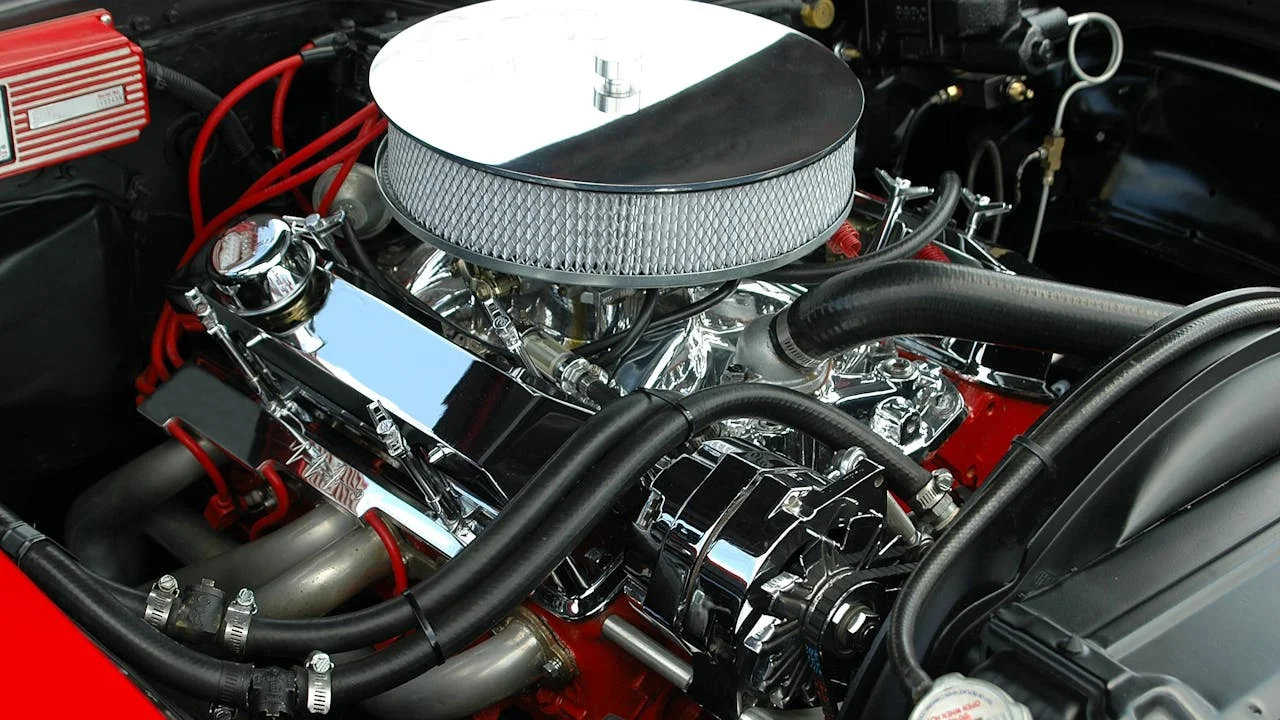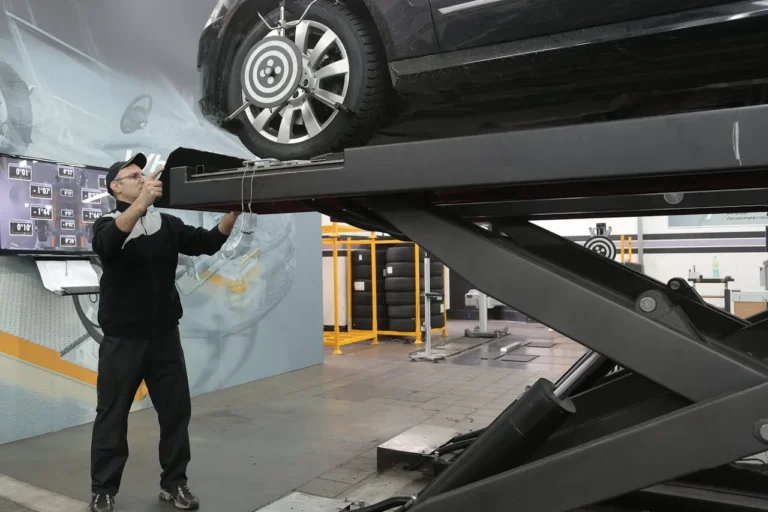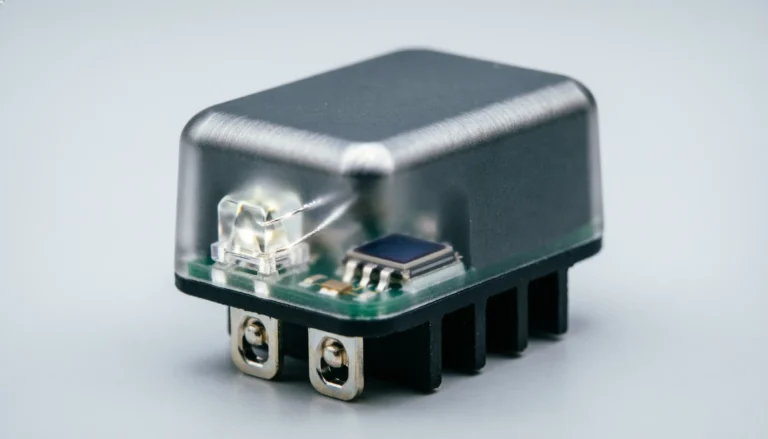
Ford Trucks Advances Sustainable Transportation with Multi-Cylinder Hydrogen Engine
In its commitment to sustainable transportation technologies, Ford Trucks achieves another milestone towards its carbon-neutral ambition. Building upon the success of igniting its hydrogen-powered single-cylinder research engine last year, Ford Trucks has now accomplished the inaugural firing of the multi-cylinder hydrogen-fueled H2-Ecotorq engine.
Aligning with its vision of providing efficient transportation solutions and striving for a zero-emission future, Ford Trucks intensifies its research and development endeavors. Progressing from single-cylinder research to multi-cylinder ignition signifies a significant leap in the company’s pursuit of alternative fuel technologies.
Ford Trucks’ engineers are now dedicated to refining and enhancing the performance of the H2-Ecotorq engine following promising initial tests.
This achievement marks a pivotal moment in Ford Trucks’ journey towards expanding its carbon-neutral product lineup, contributing to its aim of achieving zero emissions in heavy commercial vehicles by 2040.
As part of its sustainability initiative, Ford Trucks spearheads future transportation technologies in the heavy commercial vehicle sector. Through its “Generation F movement,” which prioritizes zero-emission, connected, and autonomous technologies, Ford Trucks aims to debut its first fully electric truck by 2025.
In addition to electrification, Ford Trucks is actively exploring alternative fuel technologies, including the development of the first hydrogen fuel cell electric vehicle (FCEV) F-MAX. This initiative, conducted within the framework of the European Union’s ‘Zero Emission Transport Ecosystem’ project, underscores Ford Trucks’ commitment to shaping the future of mobility solutions.







